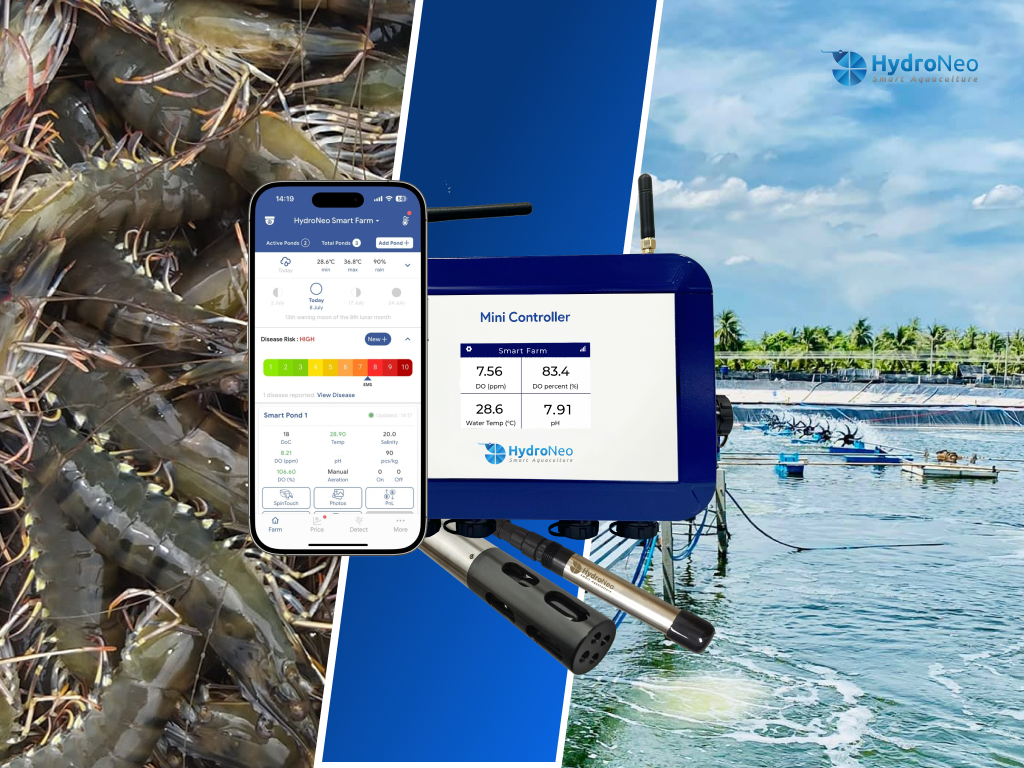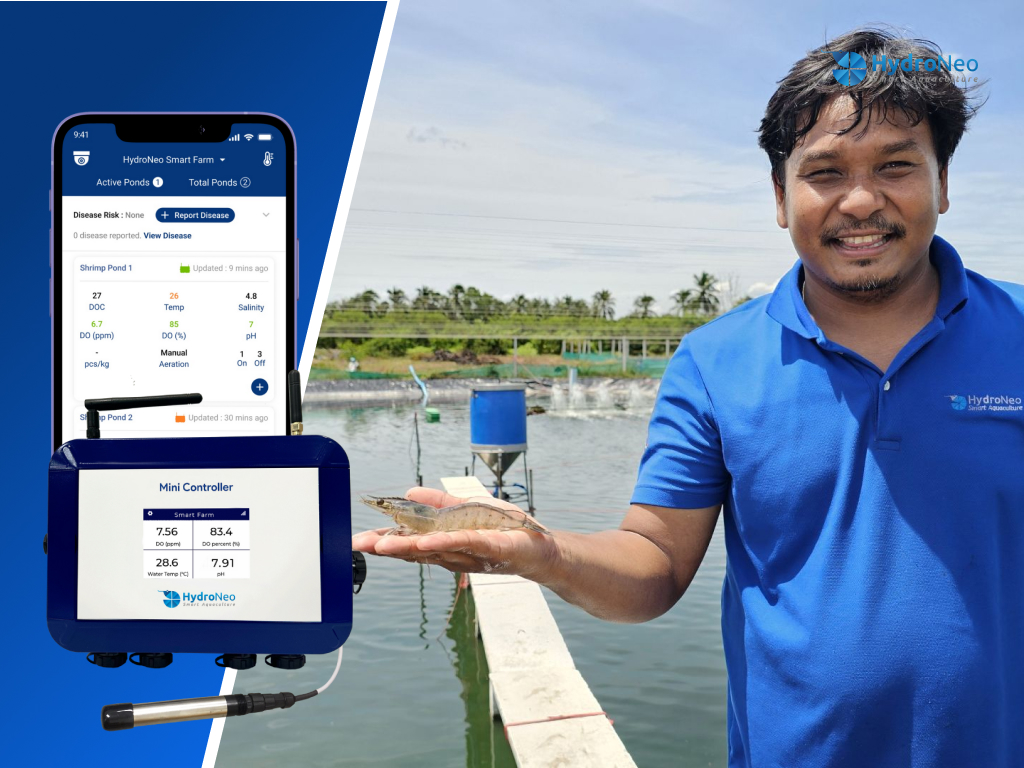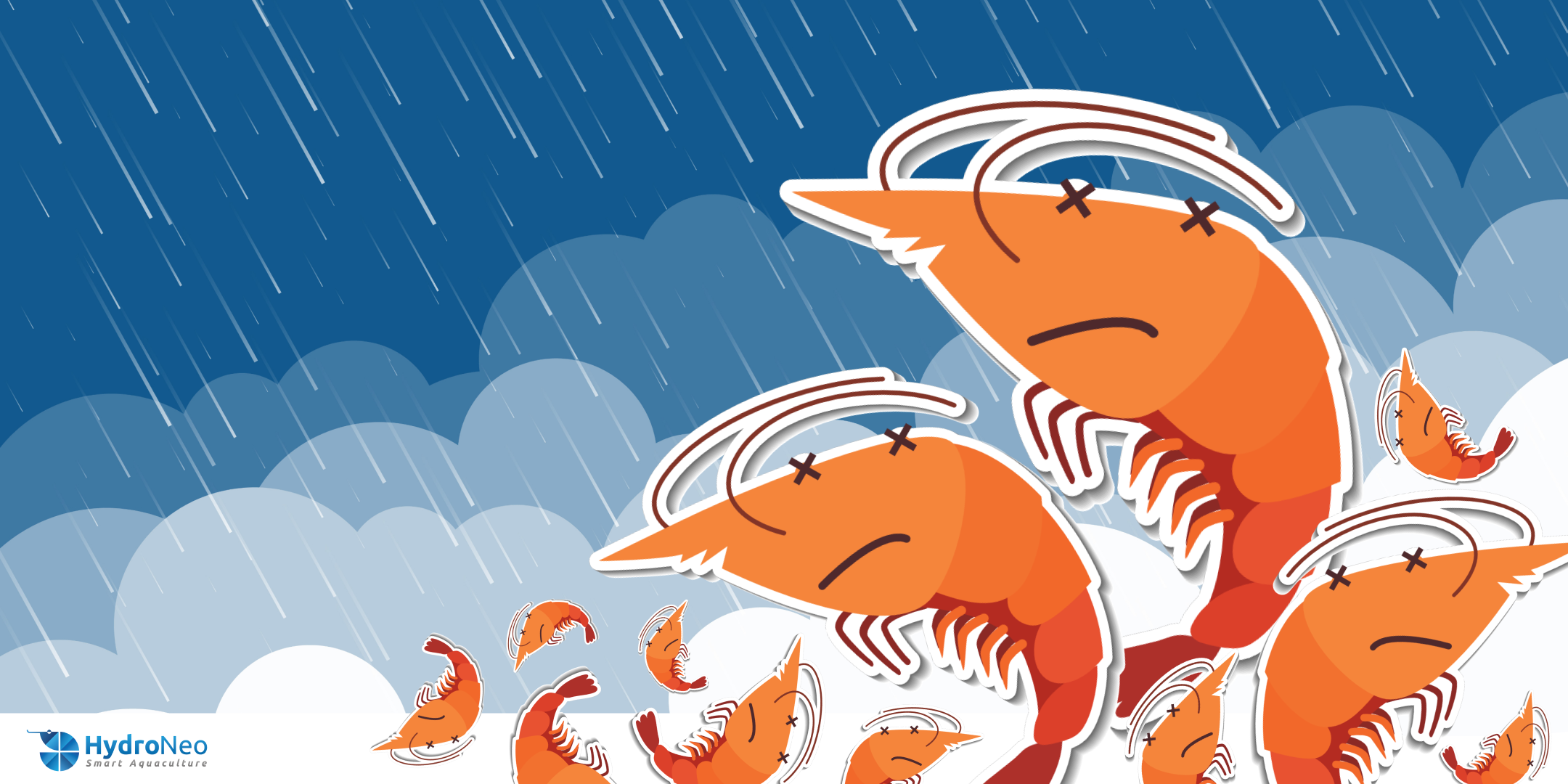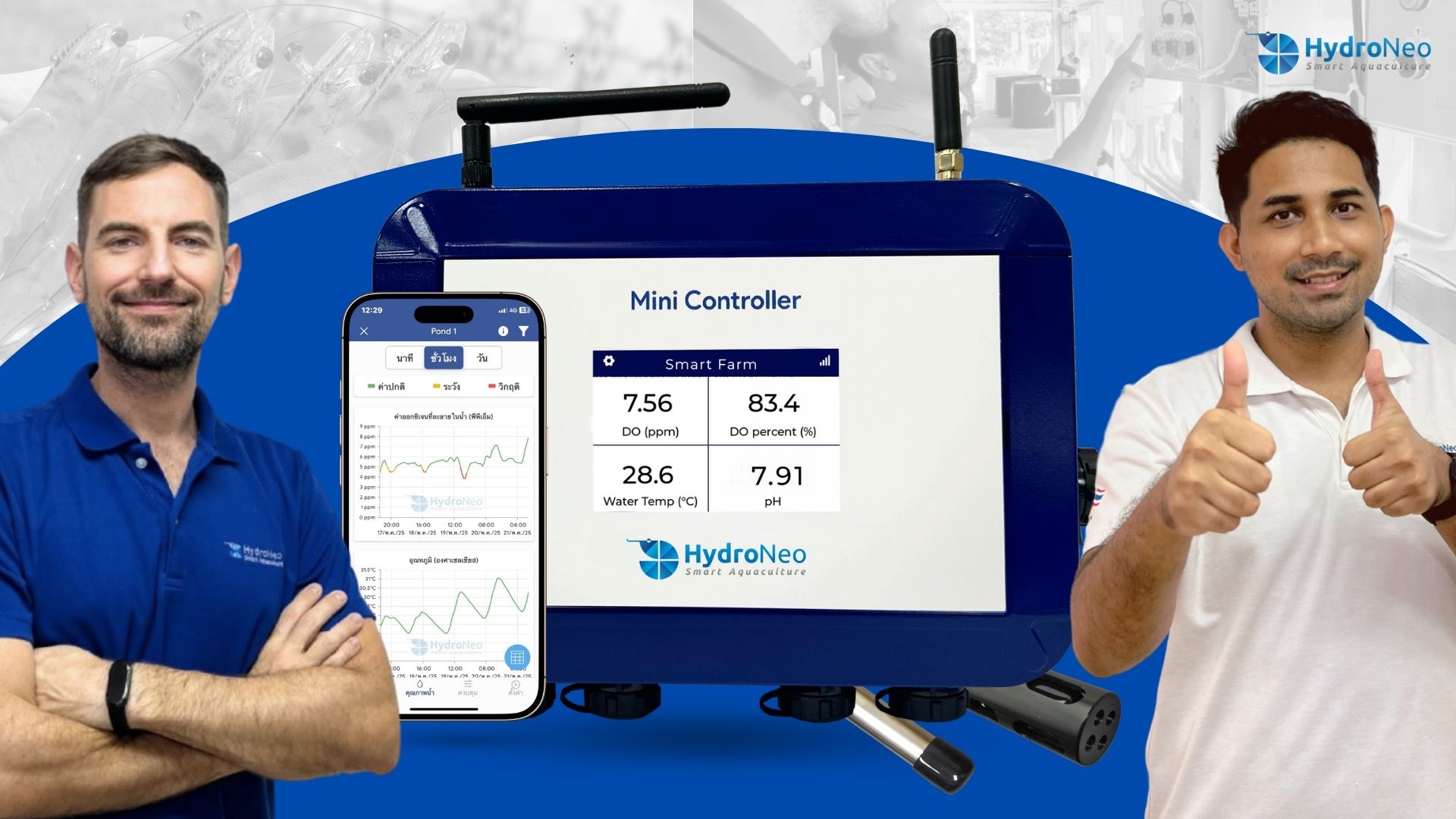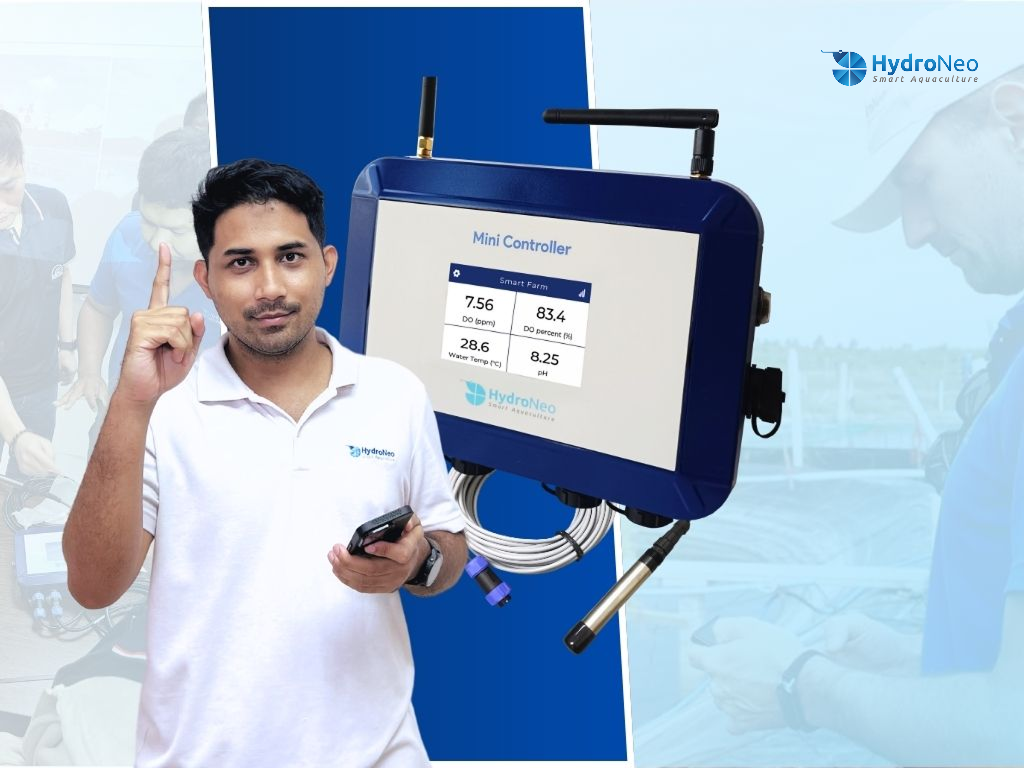In a world where water is the cornerstone of life, ensuring its quality and efficiency in usage is more crucial than ever. Smart water monitoring has emerged as a game-changer, revolutionizing industries, transforming farms, and enhancing everyday living.
At HydroNeo, we believe the future lies in intelligent water management, where real-time monitoring solutions redefine sustainability and productivity.
Empowering Industries with Smart Water Solutions
Water is a critical resource across industrial sectors—from manufacturing to energy production. Yet, outdated and inefficient water management systems often result in excessive waste, rising operational costs, and increased environmental impact.
Smart Water Monitoring powered by IoT (Internet of Things) is transforming industrial water usage. By delivering real-time data and actionable insights, these systems help industries optimize water consumption, detect leaks early, and prevent costly damage before it escalates.
For example, in industrial cooling systems, IoT-based smart water sensors continuously track flow rates and temperature. This allows for precise control, reduces unnecessary water use, and significantly cuts energy consumption. The result? Lower utility bills and improved operational efficiency—all while promoting sustainable water management.
Beyond monitoring, industries are now leveraging AI-driven predictive analytics to forecast equipment failures, detect inefficiencies, and plan proactive maintenance. These intelligent systems not only ensure regulatory compliance but also support ESG goals and long-term sustainability.
The movement toward circular water management—treating and reusing wastewater—is also gaining momentum, helping industries close the loop on water usage and reduce their environmental footprint.
Why Smart Water Monitoring Matters:
-
Real-time visibility into water usage and system performance
-
Data-driven insights for efficiency and cost savings
-
Early abnormal detection and risk prevention
-
Support for circular water reuse and sustainable operations
-
Compliance with environmental regulations and ESG standards
Revolutionizing Aquaculture With Smart Water Solutions
Aquaculture is one of the most water-intensive sectors in global food production. As water resources become increasingly scarce, smart aquaculture and precision irrigation are no longer optional—they are essential for sustainability, profitability, and food security.
Traditional water management methods often lead to overuse, inefficiency, and environmental degradation. But with the rise of automated water quality monitoring, aquaculture operators and farmers now have powerful tools to optimize performance and protect the environment.
Using IoT-enabled sensors, key parameters like pH, dissolved oxygen, and temperature can be monitored in real time. These insights empower farmers to make informed, data-driven decisions—improving water efficiency, reducing losses, and enhancing overall productivity.
Take shrimp farming as a case in point. This sector is highly sensitive to water quality fluctuations. With HydroNeo’s smart aquaculture solutions, farmers can remotely monitor conditions and make automatic adjustments. This ensures healthier stock, stable yields, and reduced risk of disease outbreaks.
Enhancing Everyday Lives with Smarter Water Management
Water conservation is no longer just an industrial or agricultural concern—it is a pressing issue in households and urban infrastructures. Smart home water systems are helping individuals monitor and control their water usage effortlessly.
From leak detection systems that send alerts to your phone to AI-powered water purifiers that ensure safe drinking water, technology is reshaping how we interact with this essential resource. Additionally, smart city water networks are being implemented to reduce waste, enhance supply chain efficiency, and detect
contamination in real-time.
In urban settings, smart meters help homeowners track water usage patterns and identify inefficiencies, leading to conscious consumption. Municipalities are also adopting smart grid technology to distribute water more efficiently, preventing shortages and reducing dependency on traditional supply chains.
Furthermore, advancements in rainwater harvesting and greywater recycling are empowering households to become more self-sufficient in water management. These systems, integrated with IoT-based monitoring, provide homeowners with insights into water availability and usage trends, enabling them to make informed decisions about conservation efforts.
The Future of Water Monitoring: Innovation and Sustainability
The future of precision aquaculture is poised for groundbreaking advancements. With the integration of AI-powered predictive analytics, machine learning models, and automated feeding systems, aquaculture farms will be able to optimize every aspect of production. Real-time monitoring of water chemistry, nutrient levels, and fish behaviour will enable proactive interventions, reducing disease outbreaks and ensuring sustainable seafood production. Additionally, blockchain technology is expected to enhance traceability in the supply chain, providing greater transparency from farm to consumer.
The fusion of artificial intelligence (AI), the Internet of Things (IoT), and big data are setting new benchmarks in water monitoring. As industries, farms, and cities move towards digitization, HydroNeo remains committed to pioneering sustainable water management solutions that drive efficiency and environmental stewardship.
One of the most exciting developments in this space is the use of blockchain technology for secure and transparent water data management. By decentralizing water records, governments and industries can enhance accountability and efficiency in resource allocation.
Additionally, research into biodegradable sensors and energy-efficient monitoring devices is making smart water management even more eco-friendly. These innovations promise to further reduce the carbon footprint of water-intensive industries and ensure long-term sustainability.
As การเปลี่ยนแปลงสภาพภูมิอากาศ accelerates the urgency for water conservation, businesses, governments, and individuals must collaborate to implement smarter water monitoring solutions. By leveraging cutting-edge technology and forging strategic collaborations, we are not just addressing the water challenges of today—we are building a smarter, more water-secure future for generations to come
Join us in the journey towards smart water monitoring. Because every drop counts.

